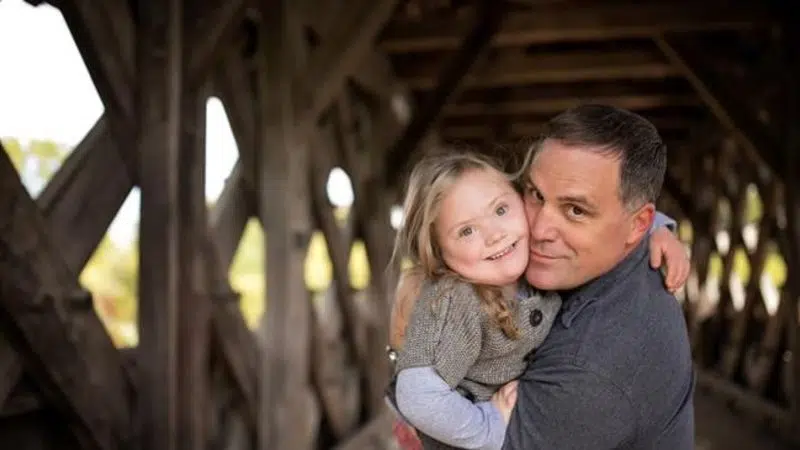
Canada’s Down syndrome community helps teach Google how to understand speech
VANCOUVER — Anyone who’s been frustrated with digital voice assistants Google, Alexa or Siri misunderstanding commands to play a certain song or access online information may find themselves pointlessly arguing with technology, but imagine the ubiquitous devices messing up every third word you say.
That’s what Google estimates people with Down syndrome experience because of speech difficulties associated with physiological differences in their mouths.
The Canadian Down Syndrome Society launched a campaign this week to help Google improve its voice-recognition technology by encouraging people with the condition to record phrases online as part of Project Understood to train the tech giant’s technology to better understand those with speech impairments.
Matthew MacNeil, 29, volunteered to donate his voice by logging on to a website and recording phrases such as “the boy ran down the path,” “flowers grow in a garden” and “strawberry jam is sweet.”


